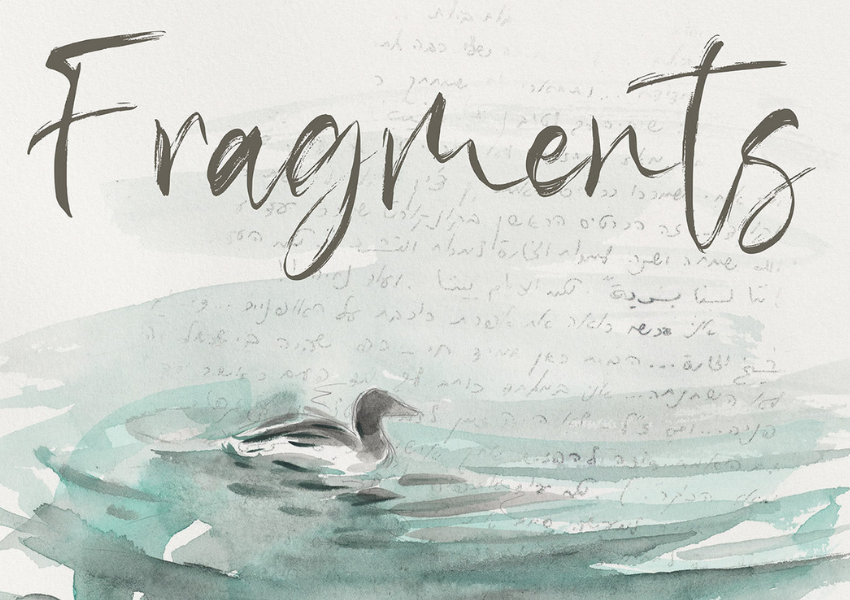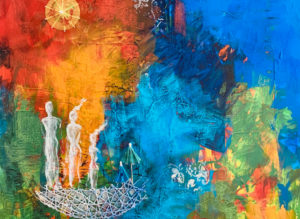Fragments: A Musical Exploration of Mizrahi Culture
Published Mar 29, 2024

Fragments album cover
COURTESY ARIEL BASSON FREIBERG
During his Community Creative Fellowship in 2021, musician Yoni Battat spent 8 months learning Arabic and writing Arabic-inspired melodies to help connect with his Mizrahi roots. This learning and process led him to release the album Fragments, nine songs he composed in this exploration and that he hopes will bring awareness and connection to the Mizrahi Jewish story for others.
Here’s what Yoni had to say about Fragments which was released in September 2022:
Growing up in an American Jewish community dominated by European culture, I had very little access to the music, language, and traditions of my Iraqi-Jewish ancestors. As an adult, I’ve had to make a concerted effort to learn Arabic music and language in order to represent my Arab-Jewish ancestry as a musician. Studying these musical traditions has connected me deeply with my roots, but there are still so many parts of my family’s experience that I will never know about. I can no longer ask my grandparents about their life in Baghdad or their departure from Iraq. I can’t visit the land where my ancestors lived for thousands of years.”
So, how do we access memories that we don’t remember? How do we connect with the lost generations of ancestors we never met, whose rituals we never experienced, and whose voices we never heard? How do we overcome the fragmenting forces of migration, lost languages, colonialism, assimilation, and erasure? How do we find beauty amongst the broken pieces?
Through the lens of these questions, the present album was born. As you experience these original and traditional pieces, I invite you to approach memory in a new way—not through exact facts, dates, and photos, but through your senses, through your imagination. Allow these smells, textures, tastes, and sounds to transport you to a place and time you have never been. When we cannot access the specific details of our families’ stories, our imagination can still bring us a real and intimate connection with where we come from.
For many years, I have felt like I am rediscovering the music, language, and traditions of my family as an outsider. But through my creative process, I have learned to recognize that fragmentation is a valid and meaningful part of my experience in this world—both in its pain and in its beauty. As you reflect on your own fragmentation, perhaps you too might be able to tap into the healing power of this music, using your imagination to fill in the cracks between the missing pieces of your own stories.
Fragments is dedicated to the memory of my grandparents, Violet and Avraham, whose strong Iraqi identity and love for the Arabic language continue to fuel my journey.
Listen to the album here.
In Will Her Love Remember? Yoni puts a poem by the Wife of Dunash Ibn Labrat, a medieval Jewish commentator, poet, and grammarian of the Golden age of Jewish culture in Spain (circa 990 C.CE) to music.
“Like, here I am as an English speaker who doesn’t have a lot of Arabic, but really wants to reach towards my Arab ancestry, and I’m doing it through these fragmented layers of how I can access it. And so that became part of the story,” Yoni explained in an interview with Hey Alma back in 2022.
The Fragments album cover art was illustrated by fellow Boston-based Mizrahi artist Ariel Basson Freiberg, who like Yoni, considers her family’s story to be one of transformation. Her work shares stories of her grandfather who had a celebrated fabric shop in the central market in Baghdad, but after fleeing with his family to Israel in the 1950s due to religious persecution, eventually established a construction business building apartments.
JArts’ mission is to curate, celebrate, and build community around the diverse world of Jewish arts, culture, and creative expression. Our vision is of a more connected, engaged, and tolerant world inspired by Jewish arts and culture.
Reflections
-
1.
Yoni calls this album fragments because of the fragmentation of his own identity. Where do you feel fragments or disparate parts of your identity? How do you feel connected to your Jewish roots?
-
2.
Learning Arabic was central to Yoni’s process of feeling less fragmented in his own identity. What have you learned or wish you could learn to help you feel more connected to your own identity?
-
3.
Yoni’s work is a beautiful expression of a portion of Jewish life that is lesser known to American audiences. Did you glean anything from this that makes you want to know more?
Want more?
Get curated JewishArts.org content in your inbox


